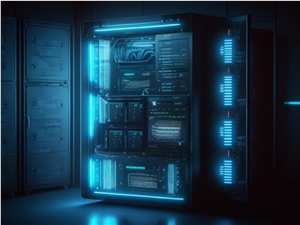OpenAI recently announced that its AI video generation tool Sora2 will no longer require an invitation code and is now available for download to users in the United States, Canada, Japan, and South Korea. This move marks Sora's first large-scale expansion, especially its first entry into the Asian market. Users can now directly obtain the app through the Apple App Store and log in with their ChatGPT account.
However, OpenAI stated that this opening is "time-limited," aiming to test server capacity and collect user feedback. In the future, the invitation code restriction may be reintroduced. Previously, Sora2 allowed users to generate 30 videos for free per day. However, with the surge in user demand, OpenAI admitted increasing cost pressures: the GPU resources required to generate a 10-second video are equivalent to thousands of ChatGPT queries, with the cost per calculation ranging from $0.5 to $2.

To address the resource constraints, the Sora platform launched a "credit pack" priced at $4, giving users an additional 10 video generation credits. This also means that OpenAI is accelerating its commercialization. In addition, OpenAI plans to launch the "Sora Economy," which will allow copyright holders to charge per use for characters or celebrities' "appearances" and share the corresponding revenue. This move is seen as a response to the controversy over "default collection," aiming to provide more detailed management of content copyrights and usage control.
OpenAI's series of adjustments reflect the significant pressure on video-level AI models in terms of computing resources and commercial sustainability, while also paving new paths for the legalization and monetization of AI-generated content. With the explosive growth of global video application scenarios, the competition around computing power, copyright, and profit-sharing has just begun.










